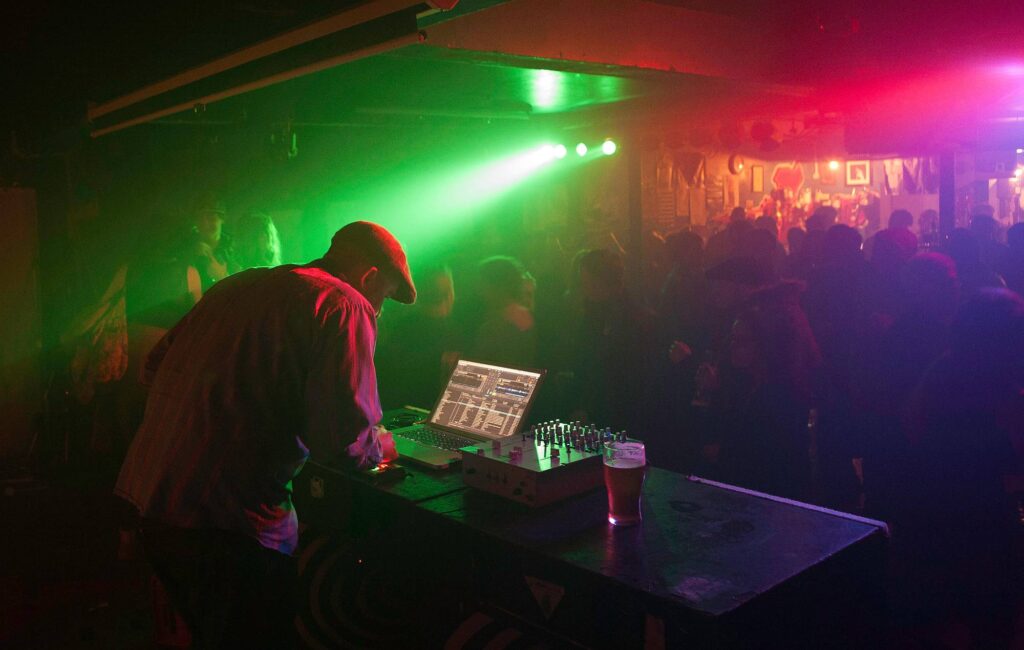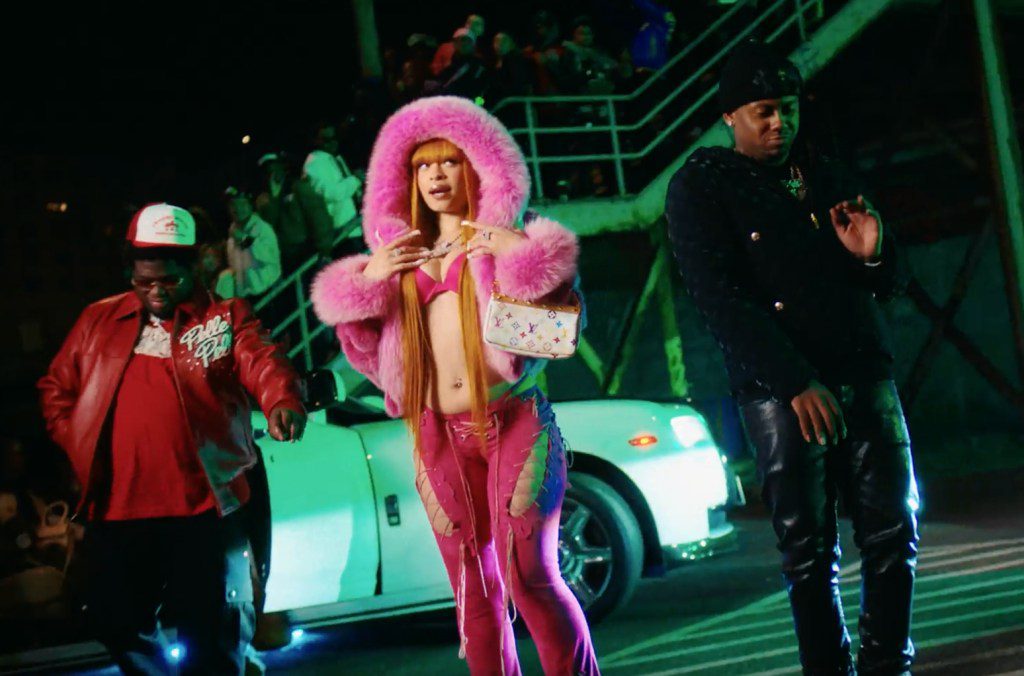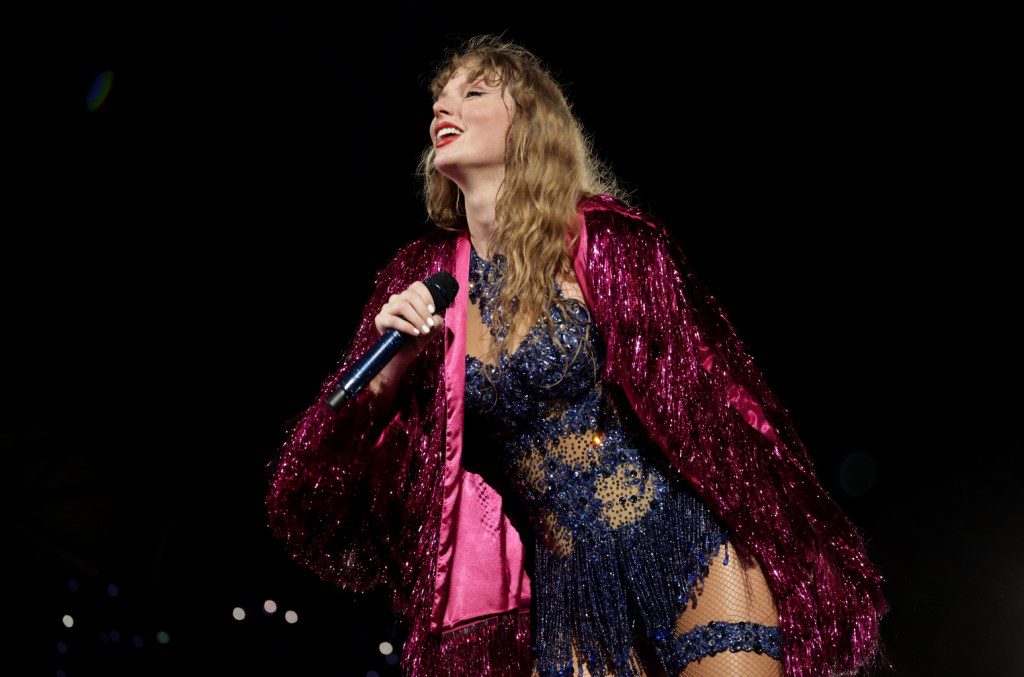Music venues and nightclubs “on the brink of collapse” and demand “immediate” government action
The UK’s grassroots music venue sector have said that they are on the “brink of collapse” in the wake of the rise of the Omicron COVID variant, with nightclubs also arguing that the lose of business over Christmas poses “a threat to the very survival of thousands of businesses and jobs”.
Last week, Prime Minister Boris Johnson announced new restrictions for the country due to a rise in cases of the Omicron variant, in measures dubbed ‘Plan B’. Last night, it was voted through COVID passports would be mandatory in gigs and nightclubs. This means that people will need to show proof they’re fully vaccinated, or provide a negative test when visiting clubs, indoor unseated venues with more than 500 people, unseated outdoor venues with more than 4,000 people and any event with more than 10,000 people.
Following reports of huge numbers of ‘no-shows’ of fans at gigs, club nights and events due to a decline in public confidence, now the true threat to live music and nightlife in the UK has been revealed.
A new study by the Music Venue Trust has found a “catastrophic” drop in attendance as well as advance ticket sales and spend per head in grassroots music venues since the Government announced the implementation of the Plan B restrictions last Wednesday, meaning that the entire sector is once again “at risk of permanent closure” without “immediate” government support.

In just one week, losses have come to over £2million with 86 per cent of grassroots music venues reporting negative impacts and 61 per cent being forced to cancel at least one event due to touring party members testing positive for COVID, functions being cancelled by organisers or poor ticket sales. Overall, attendance at shows at grassroots venues has dropped by 23 per cent (but up to 40 per cent across live music in general) with over 140,000 ‘no shows’ from ticket holders resulting in a 27 per cent decline in gross income.
“This is the busiest time of the year for grassroots music venues, representing more than 20 per cent of their annual income being raised during the party season,” said Beverley Whitrick, Strategic Director of MVT.
“Rapid declines in attendance at this time of year represent an exponential threat to the whole sector, and losses of this magnitude cannot be sustained without throwing hundreds of music venues into crisis mode and at risk of permanent closure. A ‘no show’ isn’t just lost ticket income, it’s lost bar take and excess staff costs.”
MVT CEO Mark Davyd said the current crisis threw venues back to “exactly where we were in March 2020“, arguing that once again “confusing government messaging had created a ‘stealth lockdown’ with venues apparently able to open but in reality haemorrhaging money at a rate that will inevitably result in permanent closures unless the government acts quickly to prevent it.”
Among other solutions, the MVT Venue Trust are calling upon Culture Secretary Nadine Dorries to “immediately create a ring-fenced stabilisation fund to protect the sector”, including £1.7million from the lifeline £1.57billion Culture Recovery Fund which has reportedly yet to be spent or allocated.
“We have been here before,” said Davyd. “This time the government already has all the tools in place that it needs to manage this impact and prevent permanent closures in the grassroots music venue sector.
“The Culture Recovery Fund can be swiftly adapted to mitigate this economic impact, the money is already there and waiting, we just need the Secretary of State to act quickly. The government previously used Business Rate suspension and VAT cuts to support and sustain the sector. We don’t need to spend time considering the situation; the government already knows what can be done and can choose very quickly to do it.”

Speaking to NME, Davyd said that the new rules and regulations sat comfortably among grassroots music venues – as they’d been abiding by the same or similar rules since July in order to make gigs as safe as possible for music fans.
“If something’s going to be done that includes music venues, then at least this is deliverable,” said Davyd. “The truth is that this does very, very little for transmission rates. What it contains is what audiences have been voluntarily doing anyway. Most of our audiences are either immune or have been double-vaccinated, and the uptake of people testing before or after they’ve been to a gig has been incredibly high. Now we’re just mandated on something that’s largely already been happening anyway, so it’s not really a massive imposition.”
Describing the government’s approach to restrictions as “chaotic”, Davyd said that he hoped for more sensible rules to come in to place for wider society if required, given that gig spaces had not proven to be a hotbed for infection like some scaremongers had warned.
“The definition of madness is doing the same thing over and over again and expecting a different result,” he said. “We closed the clubs and venues and the cases went up. We opened them again and then closed them again because cases had gone up, and they still went up. We opened them again in July with Professor Neil Ferguson saying there would be 100,000 cases per day and cases went down.”
He continued: “As of this week, as a kid you are safer to go to a punk rock gig than you are to go a maths lesson. At the venue, you need to prove either a lateral flow test or a vaccine passport and that venue has probably worked to have its ventilation improved. Tunbridge Wells Forum has done more about air quality that Tunbridge Wells Grammar School. That seems really weird when schools are such a massive high contributor to transmission.”

Night Time Industry Association boss Michael Kill meanwhile, agreed that the sector had been working hard to keep revellers safe.
“Since July 19 when clinicians and scientists said that we were going to see this huge rise in transmissions off the back of hospitality and nightlife reopening, it never happened,” Kill told NME. “It didn’t happen for a very clear reason, which is that we upheld our end of the bargain. We put baseline mitigations in place, we were responsible, we took our public health responsibilities very seriously and everyone worked very hard on sanitation, training and protecting their staff and customers.”
Now with footfall already down 30 per cent since last Thursday and likely to reach 50 per cent or more in the days ahead, the UK’s nightlife is likely to be put in a very perilous situation going forward.
“The Christmas period is really important for building up cash reserves so that we’re able to survive Q1 of 2022,” said Kill. “Without this, the result is a threat to the very survival of thousands of businesses and jobs. “This downturn in trade around the narrative from government around socialising and the Omicron variant has obviously created some uncertainty and hit the confidence of the customer.”
In order to help nightlife survive, Kill and the NTIA are calling for a VAT for the sector at 12.5 per cent, additional grants unique to hospitality, and for the government to reinstate furlough for the first quarter of 2022.
“The worrying part is the continuing narrative from government that ‘nothing is off the table’,” said Kill. “A week ago or a week and a half ago of saying, ‘We are not looking at lockdowns or further restrictions’ shows how quickly the narrative can change. We’re doing all we can to create these safe spaces. If we’re led into a position where further mitigations are voted in later, then we’re going to have to ask for further support because we won’t survive into next year. We’ve already lost a third of nightclubs since the start of the pandemic.”
He added: “That has to take into account the self-employed – the DJs, the artists, the technicians, and all of those from the vitally important and skilled workforce who tend to not be talked about as much but do need to top of the agenda alongside our PAYE staff, really.”

Rosie Wilcox is head of programming at the iconic Leadmill in Sheffield. Speaking to NME, she said that she, however, had been buoyed by the venue not experiencing too drastic a drop in turnout in events of late – hosting shows by the likes of Zuzu and Reuben‘s Jamie Lenman this week. She hoped that music fans would feel safer than ever before in venues, and continue to attend events in the coming weeks.
“We feel fairly positive,” said Wilcox. “The measures that are in place will just make people feel optimistic about being able to carry on and come to the venues to the events. These measures aren’t anything that we can’t work with and haven’t already been working with. It’s just what needs to be done to put on events safely and stop things from spreading wildly out of control. We’re doing everything we can to make people feel safe and really pushing the message of testing.
“I hope that people are staying as open-minded as they can, while also taking the tests before they go to events.”
Imagining an absolute worst case scenario of another lockdown with venue closures, she argued: “We would need furlough in order to continue having our staff with us. If there’s one thing we’ve seen, it’s the staff are the most important element for a venue to be able to come back in full swing when you reopen.”

Dave Keighley is chairman of the Production Services Association, representing companies and individuals involved in the live event production industry. Speaking to NME, he claimed that the current show cancellations and no-shows were already having an impact on events for 2022 for his workers
“A lot of theatres and venues are having a lot of no-shows, and they’re just growing week-by-week,” he said. “Almost 90 per cent of planning for events in the new year has been postponed, because people don’t want to spend their time doing that and then find out that we’re in another lockdown come January.”
He continued: “We’ve got to wait seven days because we don’t have enough data yet. There could be far more cases but less hospitalisations, which would mean less restrictions. If hospitalisations do go up, then things could well get shut down. Boris would probably tell people to go out and party and then shut things down. That’s what happened last year and a shit load of people got ill and died.
“It would take a big surge in hospitalisations to change anything. If it does, we’ll need a lot more financial support.”
Responding to the new calls for support, a spokesperson for Department for Digital, Culture, Media and Sport told NME: “We have provided unprecedented support for the cultural, heritage and creative sectors during the pandemic through our unprecedented £2billion Culture Recovery Fund. So far more than £1.3billion has been allocated to around 5,000 individual organisations and sites.
“Under current plans, the additional £300 million announced in the Spring Budget is the final allocation of the Culture Recovery Fund and will support organisations through to spring 2022. The fund is currently open for applications, and we will keep the delivery of the programme under active review and consider how best to adapt it in line with the needs of the sector.”
The Treasury has also been approached for comment.
This comes at a time when UK music venues are already facing £90million of debt due to the ongoing impact of the pandemic.
Speaking to NME at the end of last year, Davyd put the saviour of UK music venues down to “people power”.
“When we look at where donations are coming from and when they spike, it is very closely linked to the coverage we receive from the NME,” said Davyd. “What that means is that NME readers are taking action and making a huge difference to keep these venues alive. We want to make it incredibly clear to the NME and its readers that the Music Venue Trust are merely standing in front of the work done by the public, by artists and by good Samaritans.”
He continued: “This is the result of people power. When Music Venue Trust and NME were first talking about this crisis in March [2020], we were looking at the very real closure of 500 venues. It’s quite an astonishing achievement, and it belongs as much to the writers and readers of the NME as anyone.”
Visit here for information on how to help or donate the #SaveOurVenues campaign.





